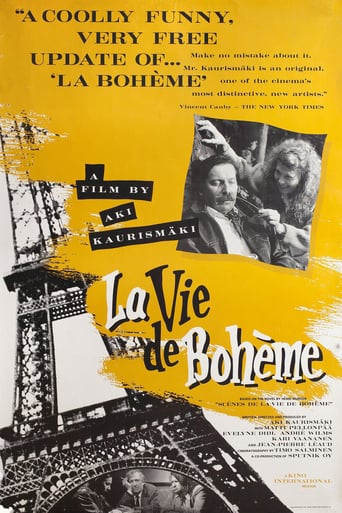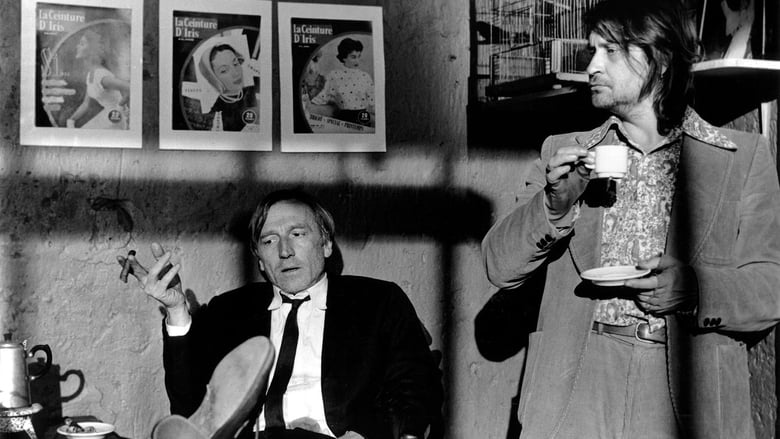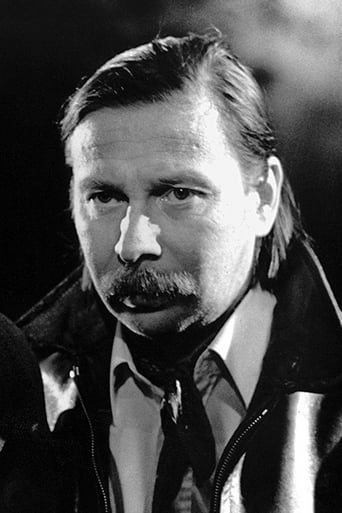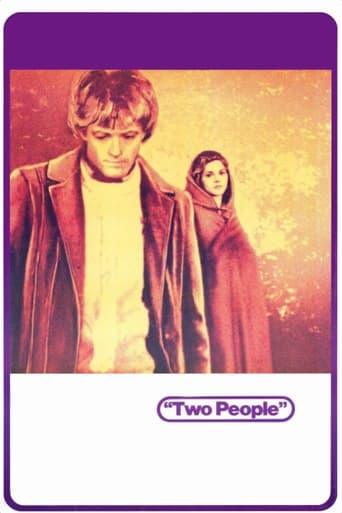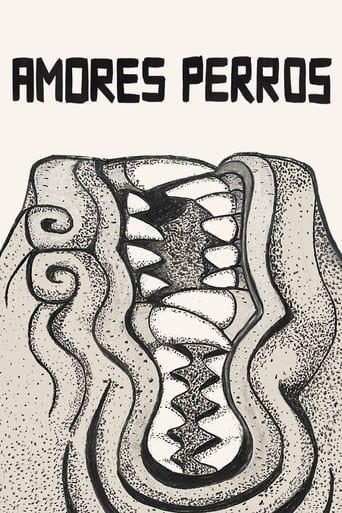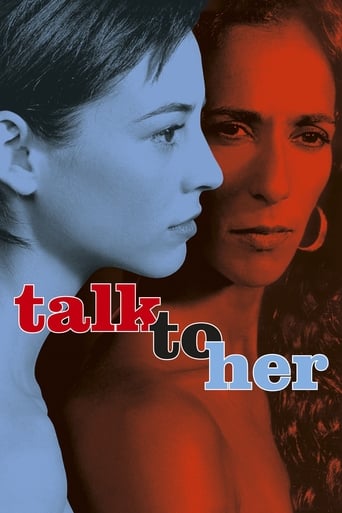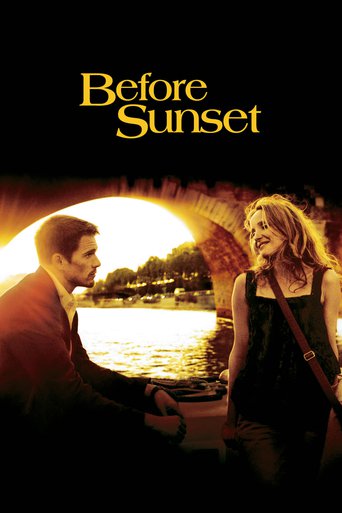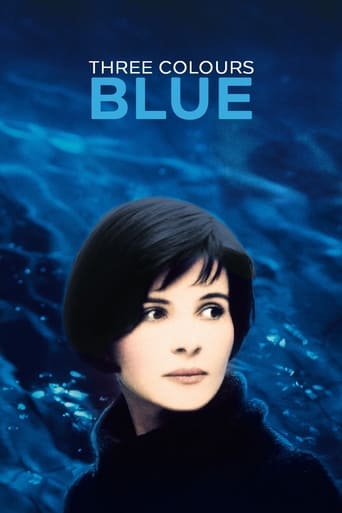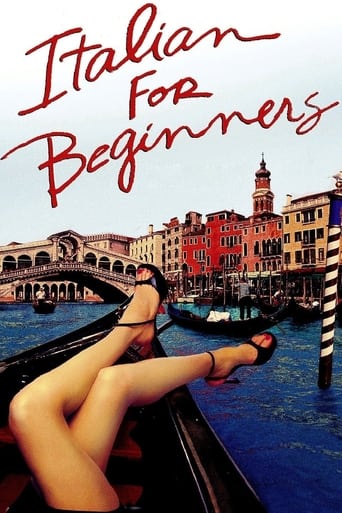La Vie de Bohème (1992)
Three penniless artists become friends in modern-day Paris: Rodolfo, an Albanian painter with no visa, Marcel, a playwright and magazine editor with no publisher, and Schaunard, a post-modernist composer of execrable noise.
Watch Trailer
Cast


Similar titles
Reviews
Powerful
The performances transcend the film's tropes, grounding it in characters that feel more complete than this subgenre often produces.
It’s not bad or unwatchable but despite the amplitude of the spectacle, the end result is underwhelming.
It is an exhilarating, distressing, funny and profound film, with one of the more memorable film scores in years,
Aki Kaurismaki's 1992 film LA VIE DE BOHÈME is the Finnish auteur's loose adaptation of Henri Murger's classic 19th-century collection of short stories, set in contemporary Paris with an eclectic cast of French and Finnish actors, all speaking French. As the film opens, the penniless aspiring writer Marcel (André Wilms) is being evicted from his apartment. Though a series of amusing events, he falls in with the equally aspiring and penniless painter Rodolfo (Matti Pellonpää) and composer Schaunard (Kari Väänänen). The film then tracks their comical struggles to make money, gain lasting fame, or charm women in spite of their lack of a stable existence (Evelyne Didi plays a major supporting role as Rodolfo's girlfriend Mimi). Though the three men are perennially underdogs, their firm friendship and readiness to share what little they have makes the film a heartwarming experience.The poorly spoken French of the foreign actors, as well as the mismatch between the ostensibly 1992 setting and the decaying interiors, must have seemed bizarre for viewers who didn't know Kaurismäki before. However, it is quite of a piece with this director's prior work. Kaurismäki had made a number of films in his native Helsinki that are ostensibly set in the present day, but feature ramshackle tenements, working-class struggles, and antique appliances that are all right out of the 1950s. At some point, a band will appear on a stage playing high-energy rock music from a bygone age. In LA VIE DE BOHEME, Kaurismäki has reused the exact same elements in a Parisian context. He managed to find decrepit places one would have never expected in the modern city, and in one scene a punk band perform even if it has little relevance to the overall plot. While Rodolfo and Schaunard are explained as Albanian and Irish immigrants, respectively, they are really bringing to this film a typically Finnish quality.One of the quirks of Kaurismäki's Finnish-language output is that the actors deliver their deadpan, almost robotic lines in the Finnish literary language, which is vastly different from the ordinary Finnish spoken language. Kaurismäki has managed to create a similar effect here by lifting dialogue from Murger's original book, as in 19th-century stories the actors often speak with elaborate constructions and literary flair that is completely unrealistic for the particular setting. There's also an amusing opposition between the garrulous Marcel and -- remember, the characters' Irish or Albanian back stories need not be taken seriously -- the silent, stony other characters, as the Finns are an infamously taciturn race.Still, Kaurismäki's applications of his perennial formula are usually very entertaining, and I never tire of his darkly humorous vision. And even if most of the other elements are the same as always, LA VIE DE BOHEME features an unexpected ending. Usually in Kaurismäki you can foresee the nice little ending that's going to come from a mile away, but here he takes the viewer by surprise.Cinema aficionados will enjoy the small roles of a sugar baron, played by legendary French New Wave actor Jean-Paul Léaud, and a publishing magnate, played by American director Samuel Fuller. (Viewers who don't know who Fuller is will think it odd that he exits the stage with some profanity spoken in English and a distinctive old-timey New York Jewish accent!) This might not be the best introduction to Kaurismäki -- the films making up the so-called "Proletariat Trilogy" of the late 1980s might work better for that. Still, for me LA VIE DE BOHÈME was a funny and touching picture.
Aki Kaurismaki is one of the most important modern directors. He manages to make a movie out of nothing just like, say, Mike Leigh. And his characters are simply every-day people, whom he manages to transform into convincible movie heroes or, most likely, antiheroes.This movie is not different: it is very sad and also joyous at the same time. It treats a very serious subjects (pourness, loneliness, desperation) without being pathetic or overblown and it makes, in the most beautiful way, a strong connection between the characters and the viewer.Marvellous acting and genious direction makes this movie another Kaurismaki's little/big masterpiece.
Although Aki Kaurismaki credits Henri Murger's collection of stories as the source for his "La vie de boheme" (1992), the underlying dramatic structure actually comes straight from Puccini's opera "La boheme" (with the central focus of the story of Rodolphe and Mimi). Superb black and white photography, with a droll script delivered by mostly dead-pan (but nonetheless funny) performers -- including beloved regulars like the late Matti Pellonpaa and Kari Vaananen (Kati Outinen, a very appropriate Mimi I would think, was missing, however -- maybe her French was not good enough).
A French playwright, an Albanian painter, and an Irish composer, all living hand-to-mouth in Paris, devise various schemes to secure their next meal, or cheat the landlord, or help each other out of jams. Cynically witty and poignant by turns, La Vie de Boheme somehow manages to simultaneously embellish and skewer the old cliche about starving artists on the Left Bank. This might almost be the film to show your son or daughter when they have declared that they want to become a novelist or painter and move to an exotic locale--except that, who knows, it might have the opposite of the intended effect.I liked it quite a bit. Watch for the performance by the Irishman of his own piano piece for his friends, toward the end: hilarious!

